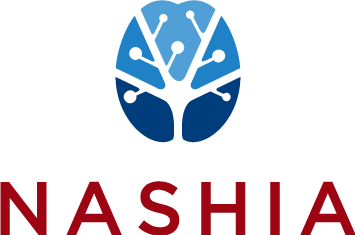An Overview of Certified Community Behavior Health Clinics:
Increased Access to Integrated Mental Health Services for Individuals with Brain Injury
As a refresher and building on the information shared during NASHIA's March Session on CCBHCs, join us for an overview of:
The CCBHC model
Current National Status of CCBHC
Examples of CCBHC implementation
How to begin partnering dialogue with your CCBHC and state-level administrative representatives
The importance of screening and selection of tools used
Resources and Supports
Q and A
Other updates
A Certified Community Behavioral Health Clinic (CCBHC) is a clinic that offers a wide variety of mental health and substance use services. These clinics are open to anyone, no matter what their diagnosis is or whether they have insurance. Directly or through formal partnerships, CCBHCs must provide: Crisis Services, Outpatient Mental Health and Substance Use Services, Person- and Family-Centered Treatment Planning, Community-Based Mental Health Care for Veterans, Peer Family Support and Counselor Services, Targeted Case Management, Outpatient Primary Care Screening and Monitoring, Psychiatric Rehabilitation Services, and Screening, Diagnosis and Risk Assessment. There is a strong convergence of mental and behavioral health challenges, for which CCBHCs are mandated to support, and brain injury.
Presenter:
Jane King, PsyD, LP, is a clinical psychologist with 30 years of experience developing and directing programs in the integrated mental health and substance use disorder treatment, homelessness and housing arenas. Dr. King worked for the Minnesota Department of Human Services on the Certified Community Behavioral Health Clinic (CCBHC) implementation team and the National Council for Mental Wellbeing advising states and clinics as they developed the CCBHC model through Medicaid or Substance Abuse and Mental Health Services Administration grants or authorities.


